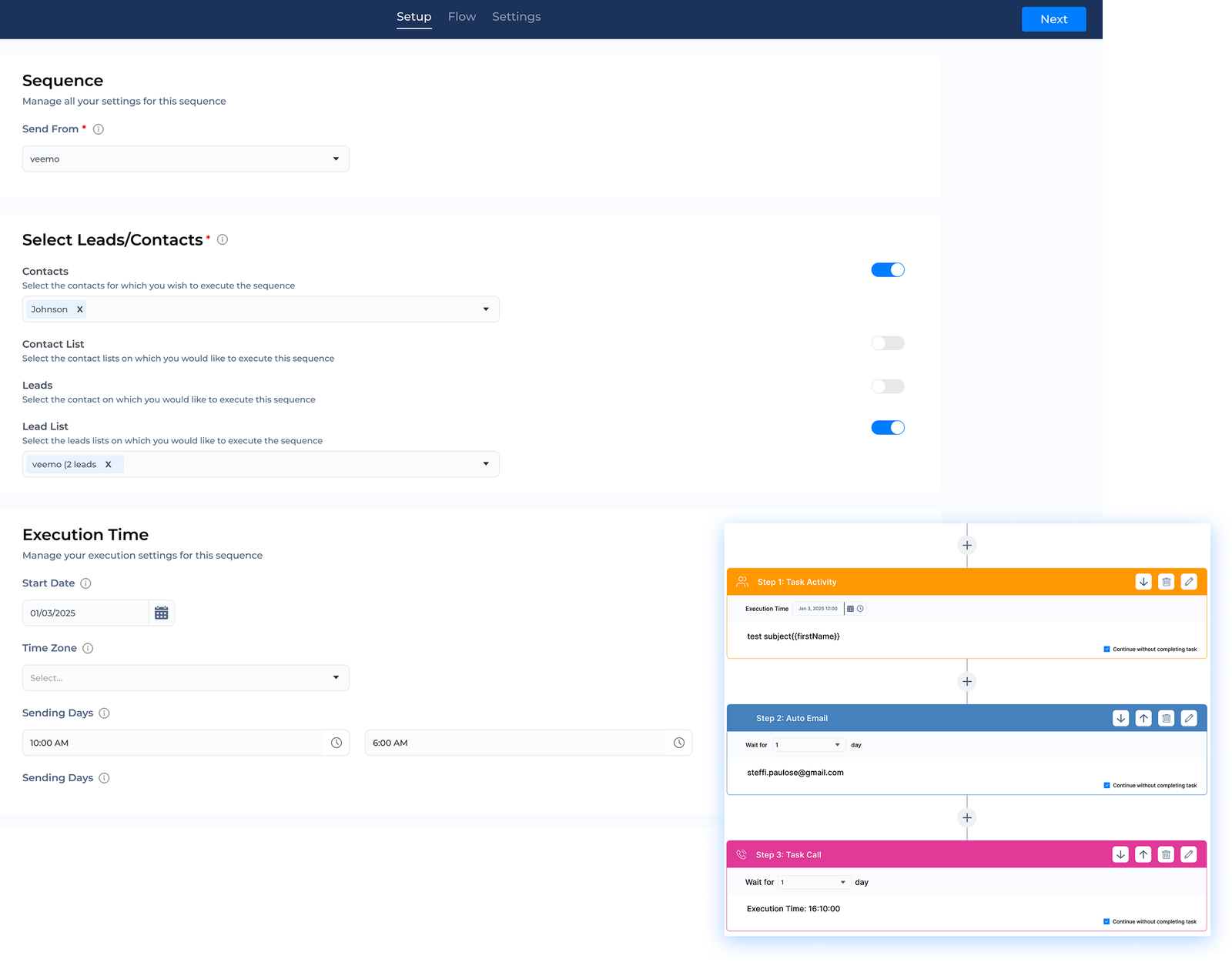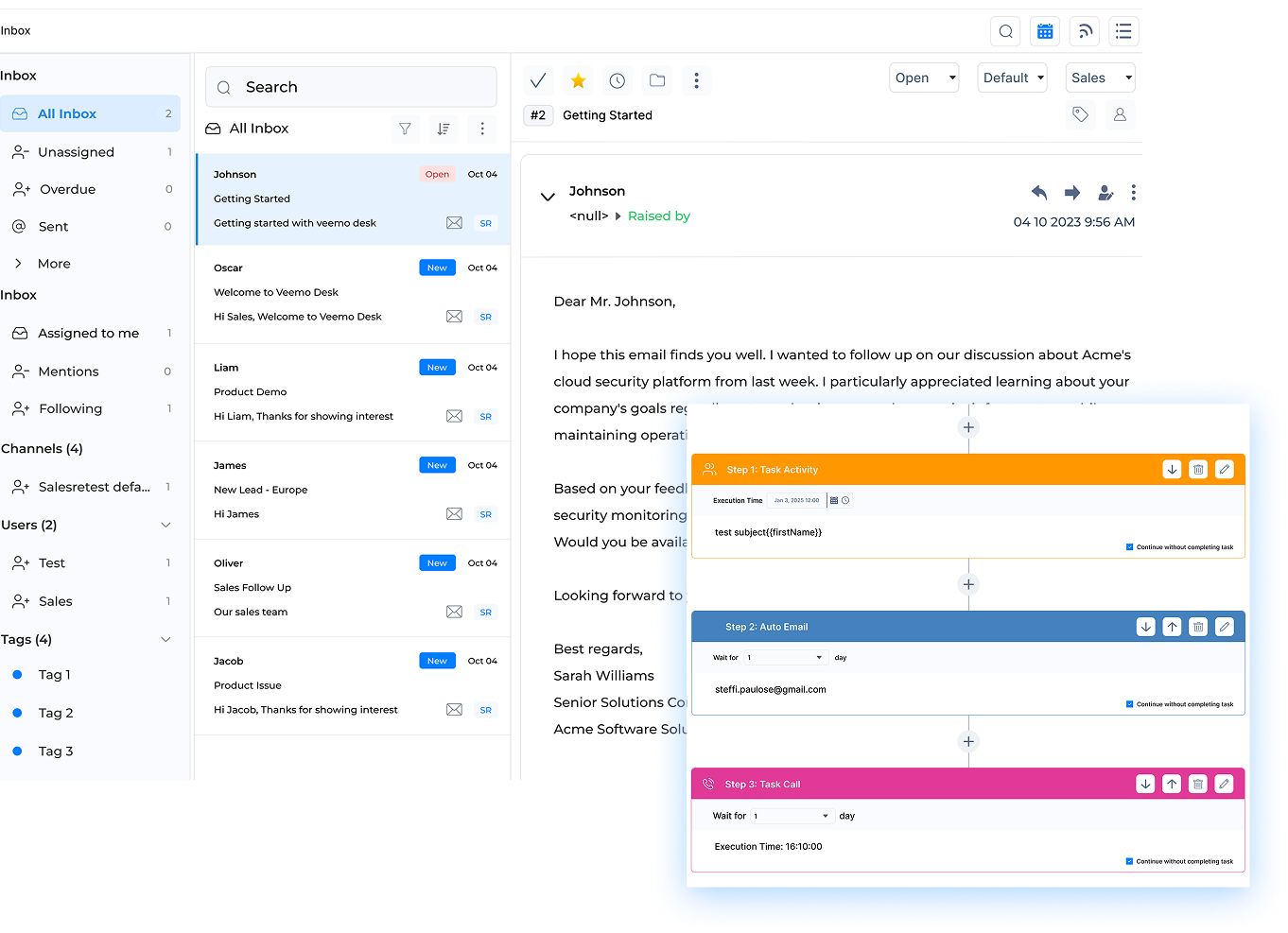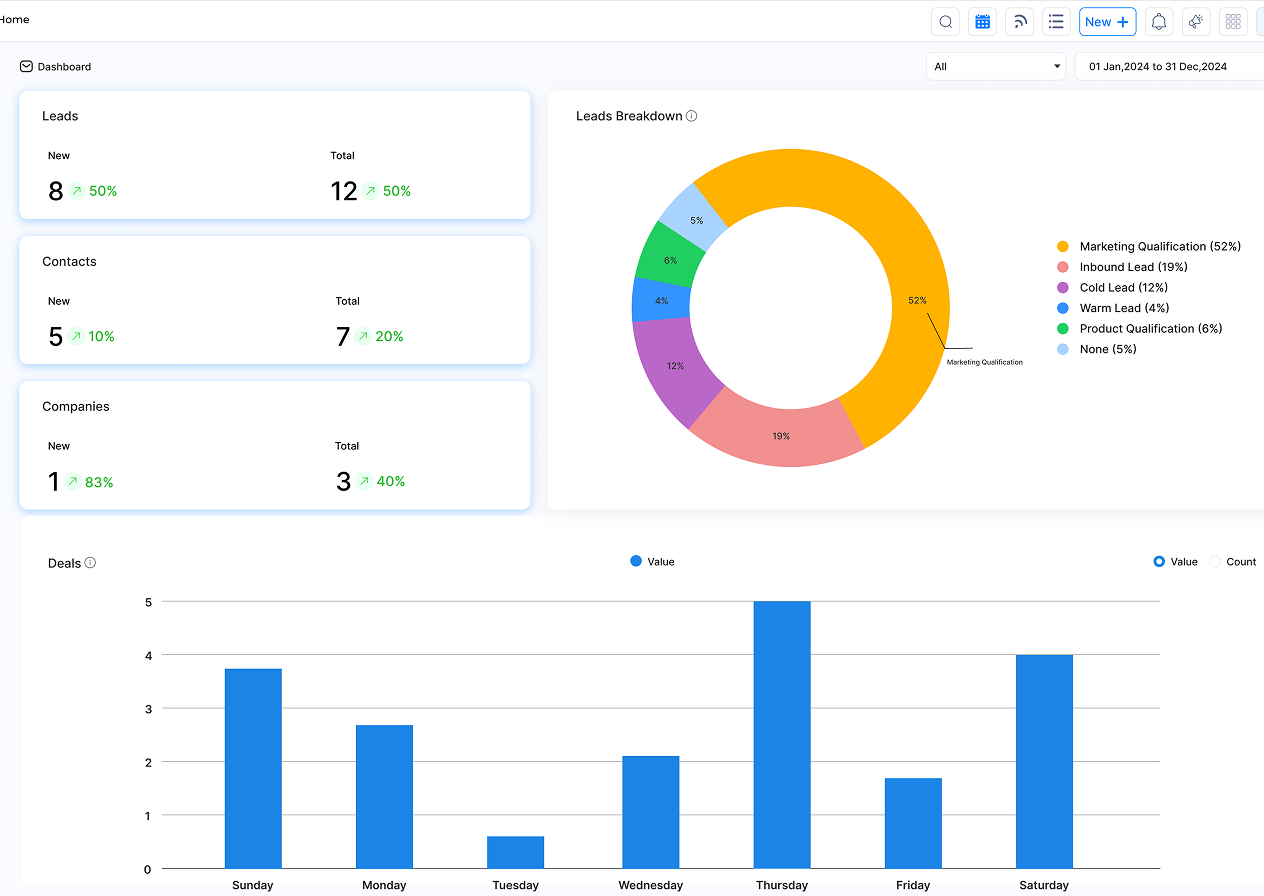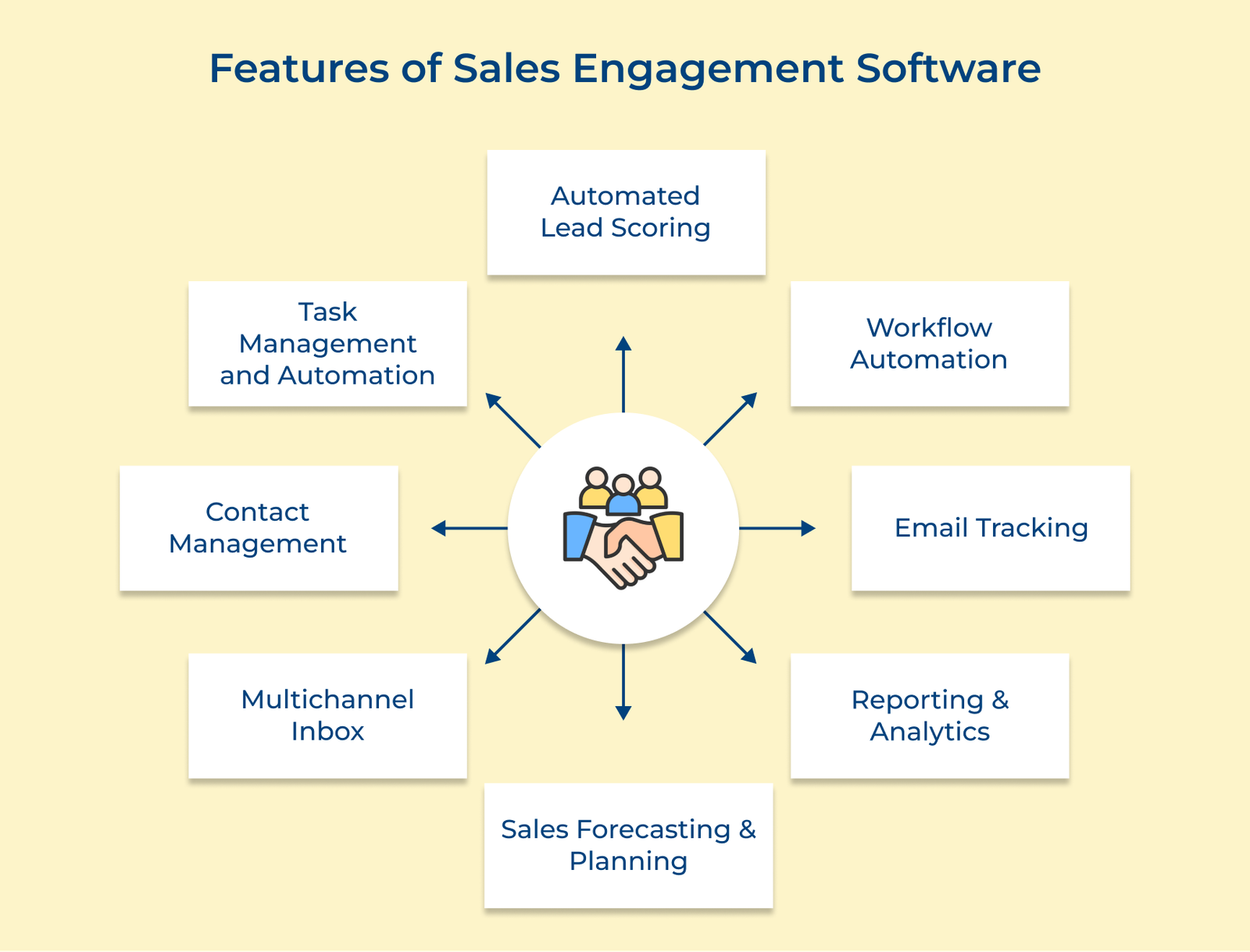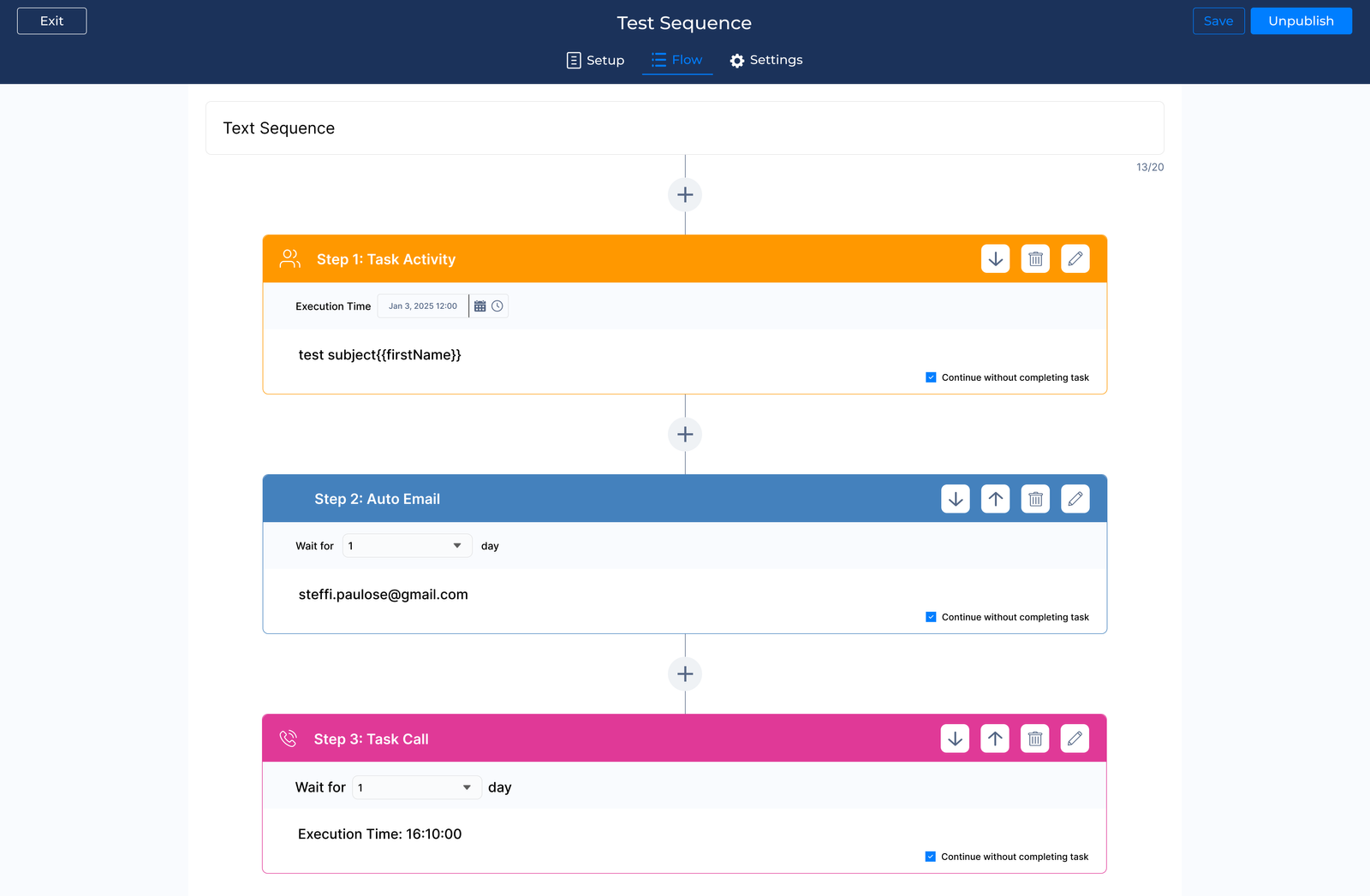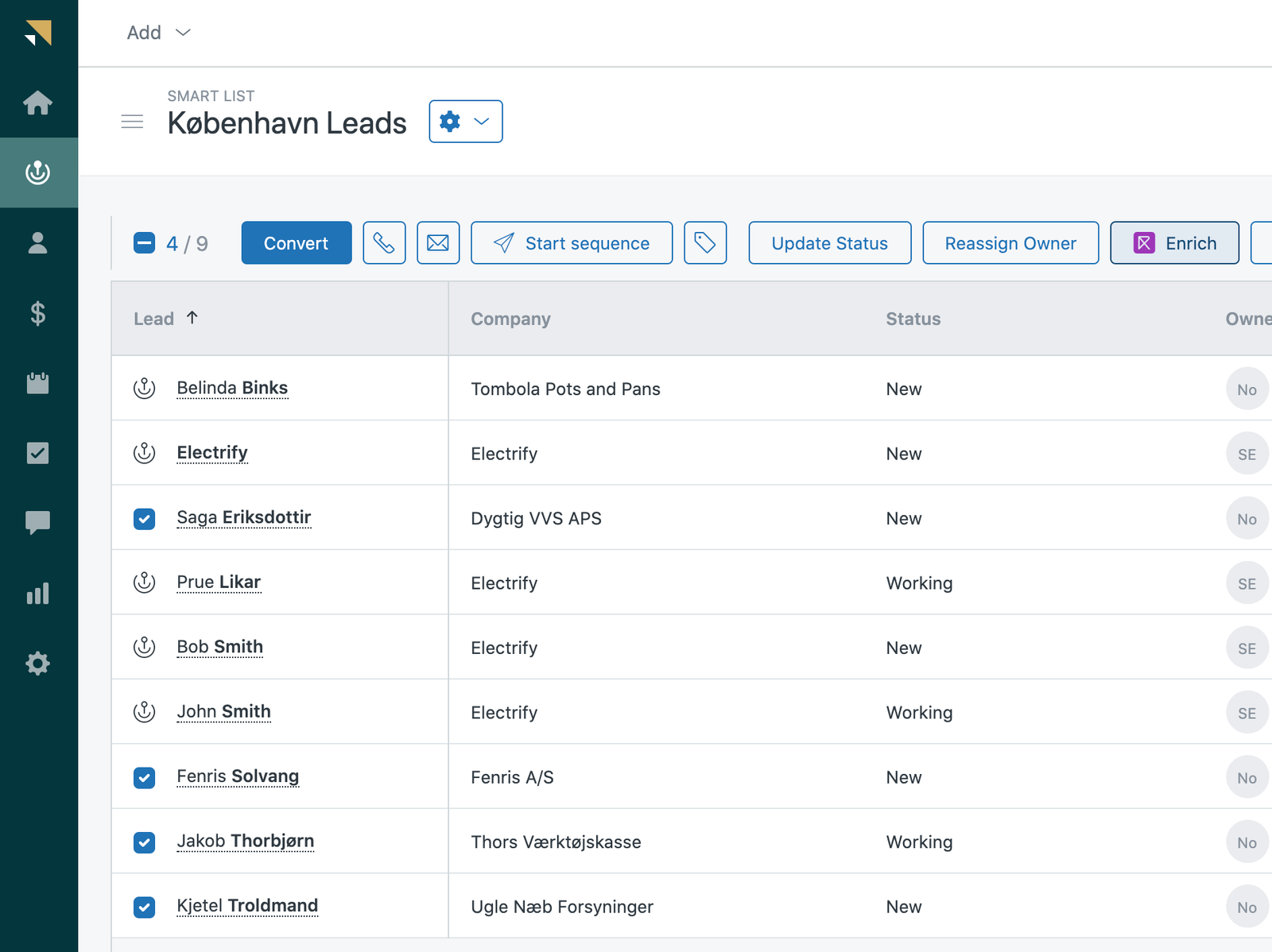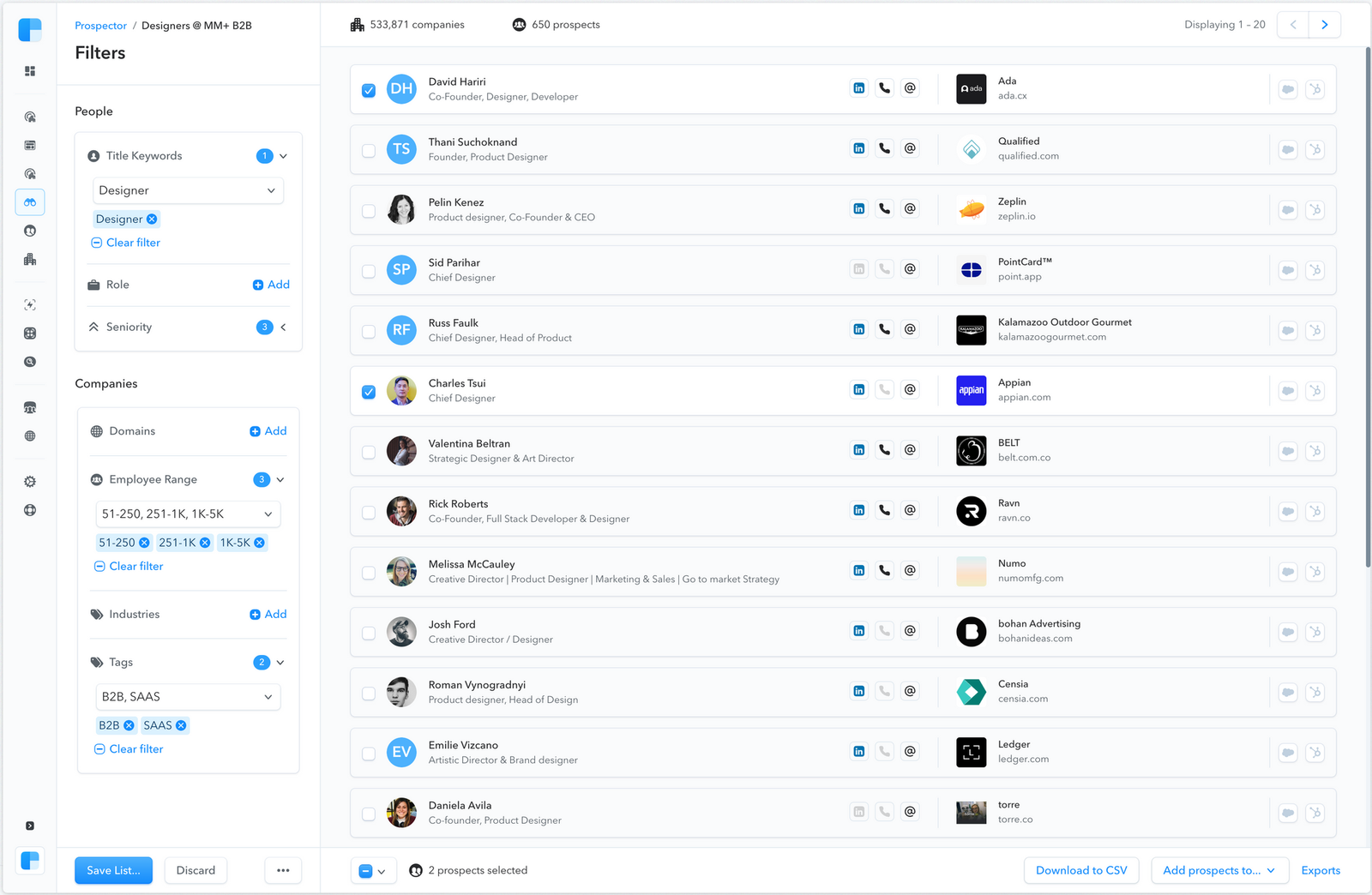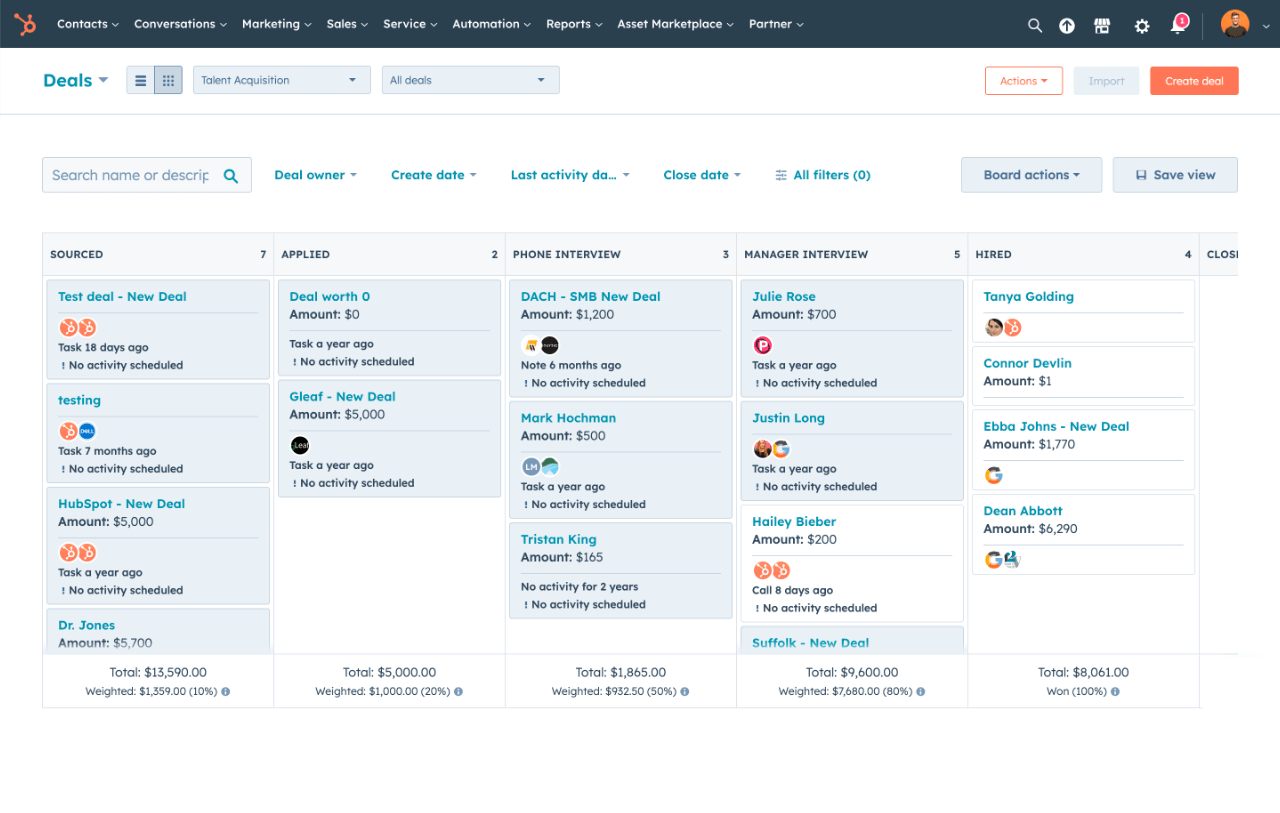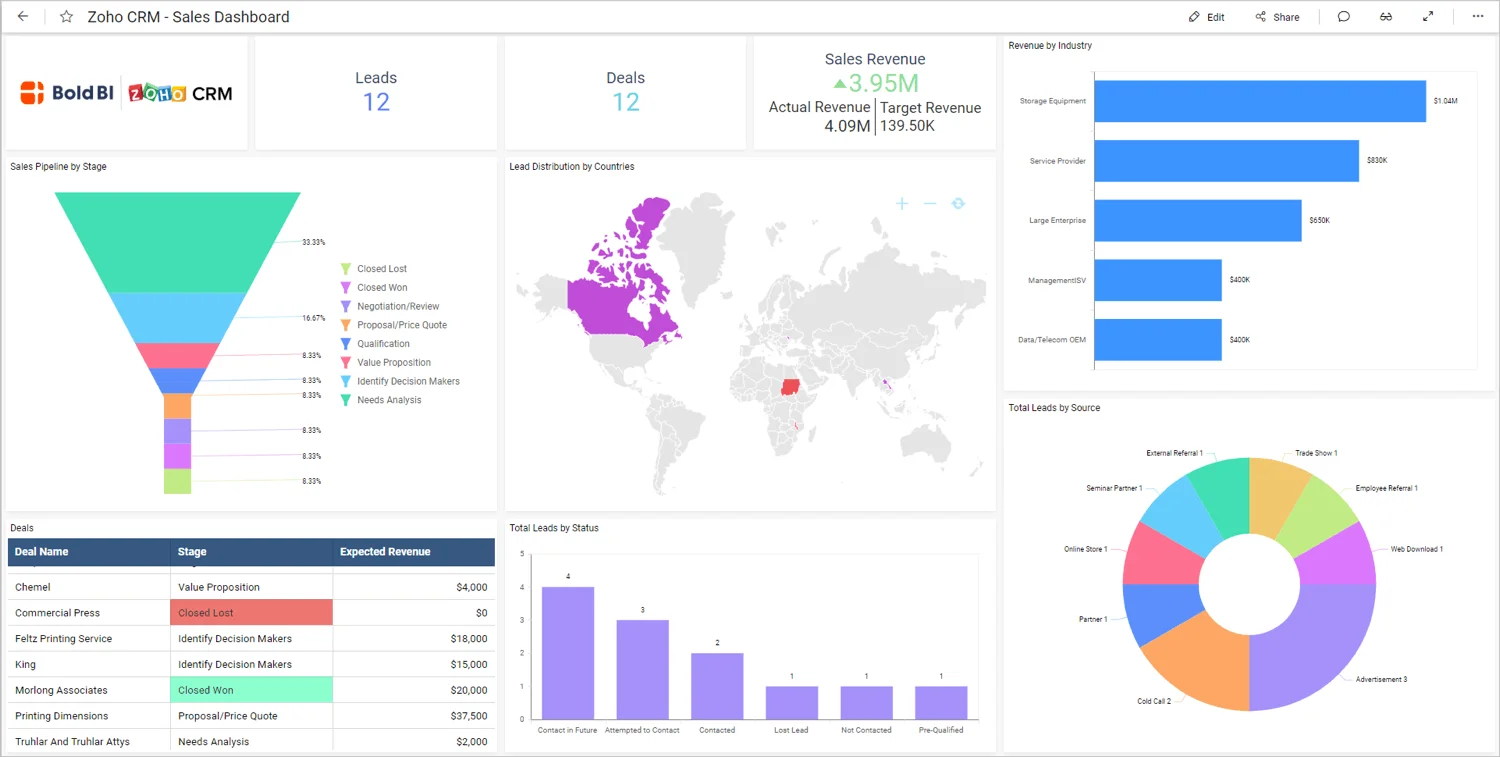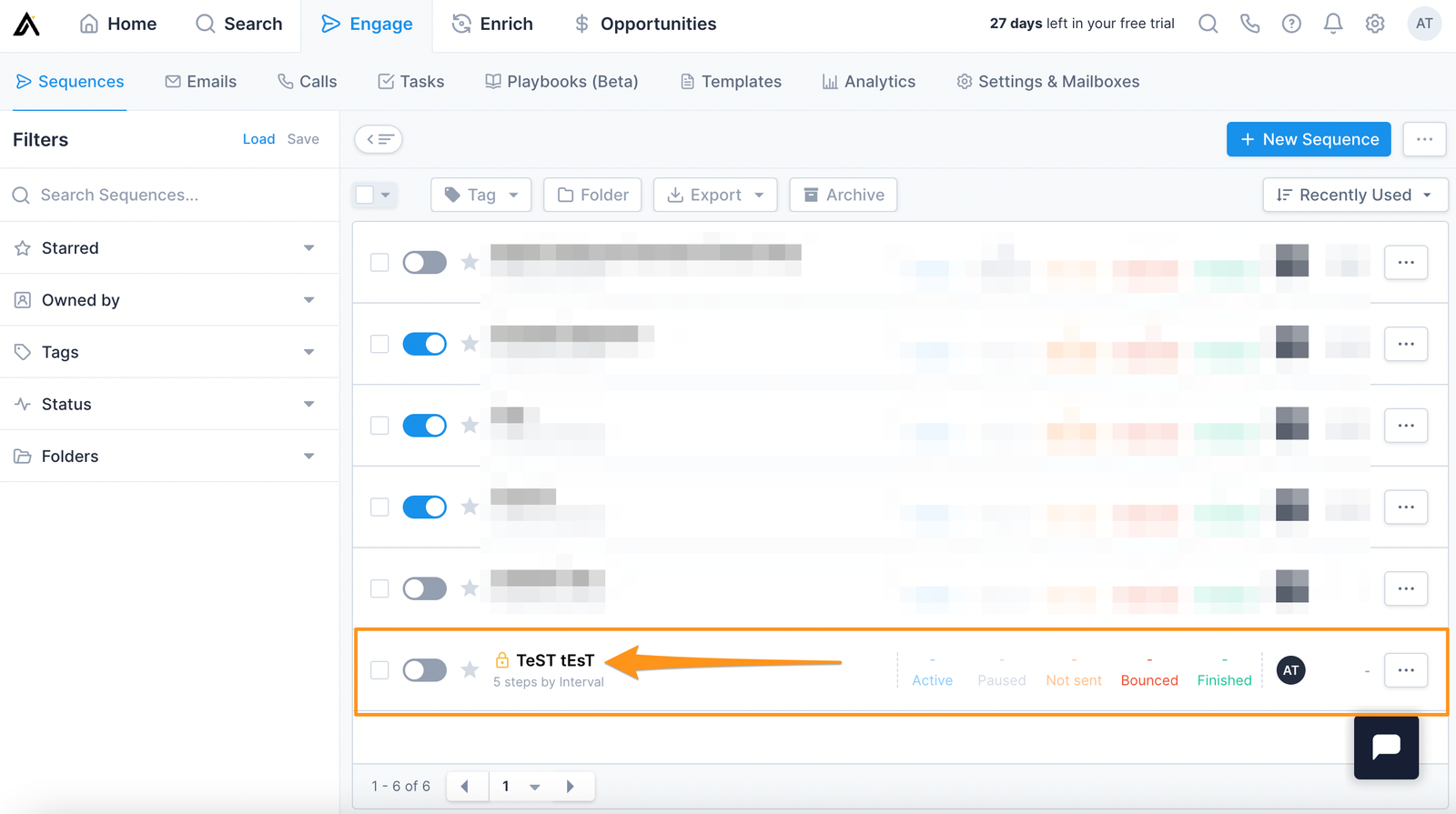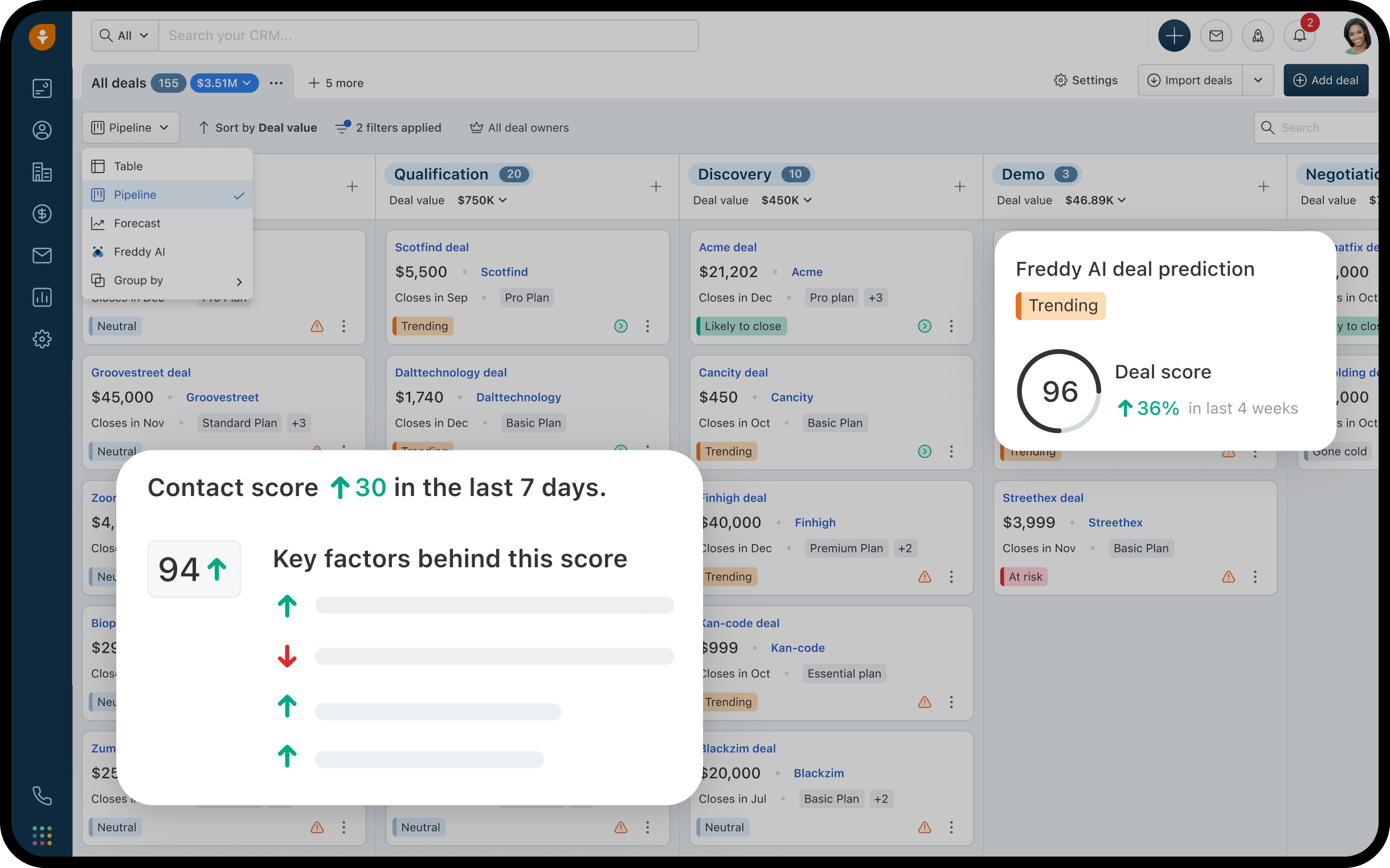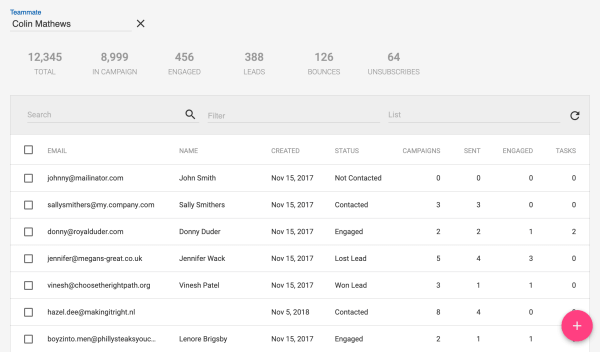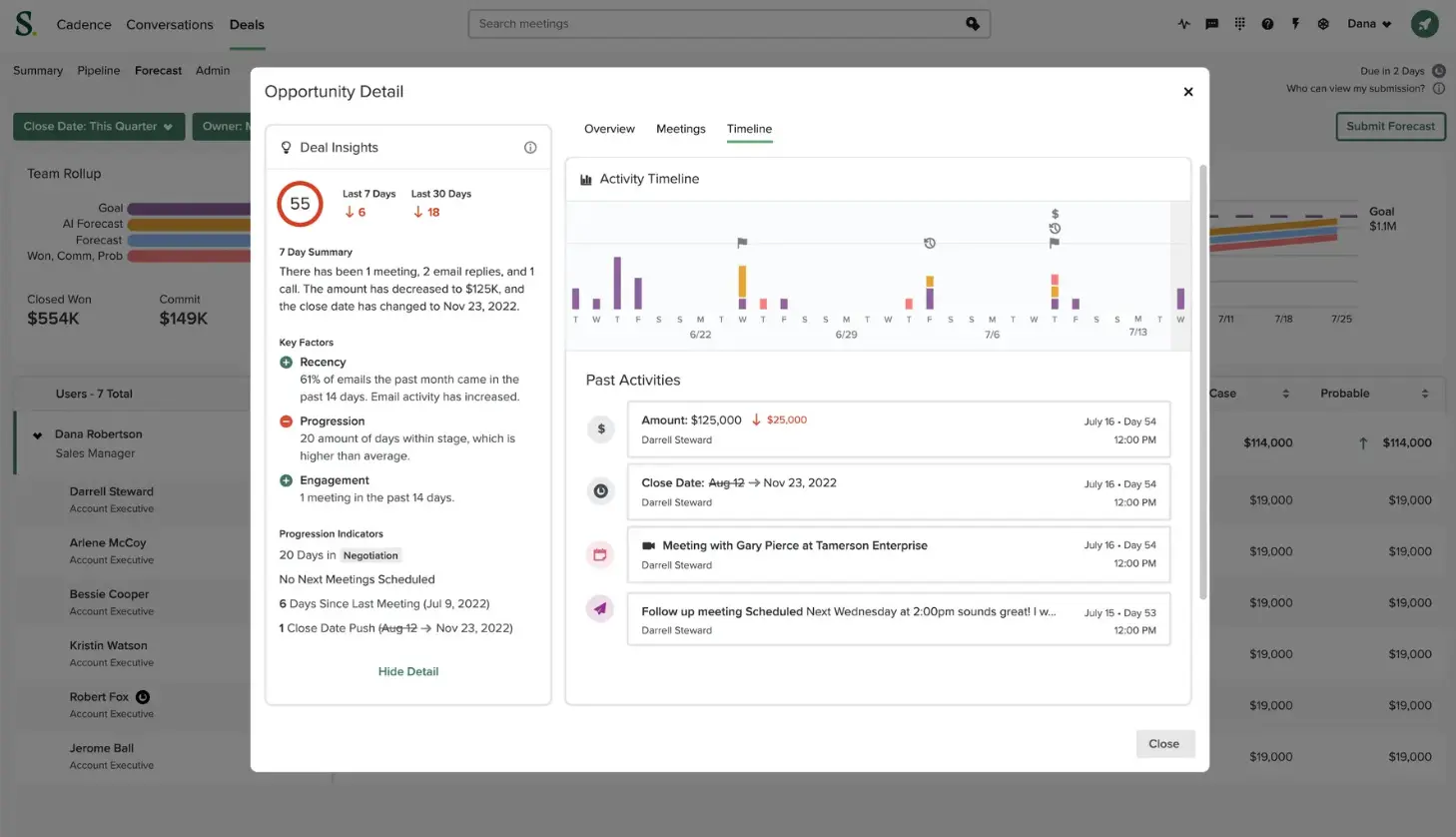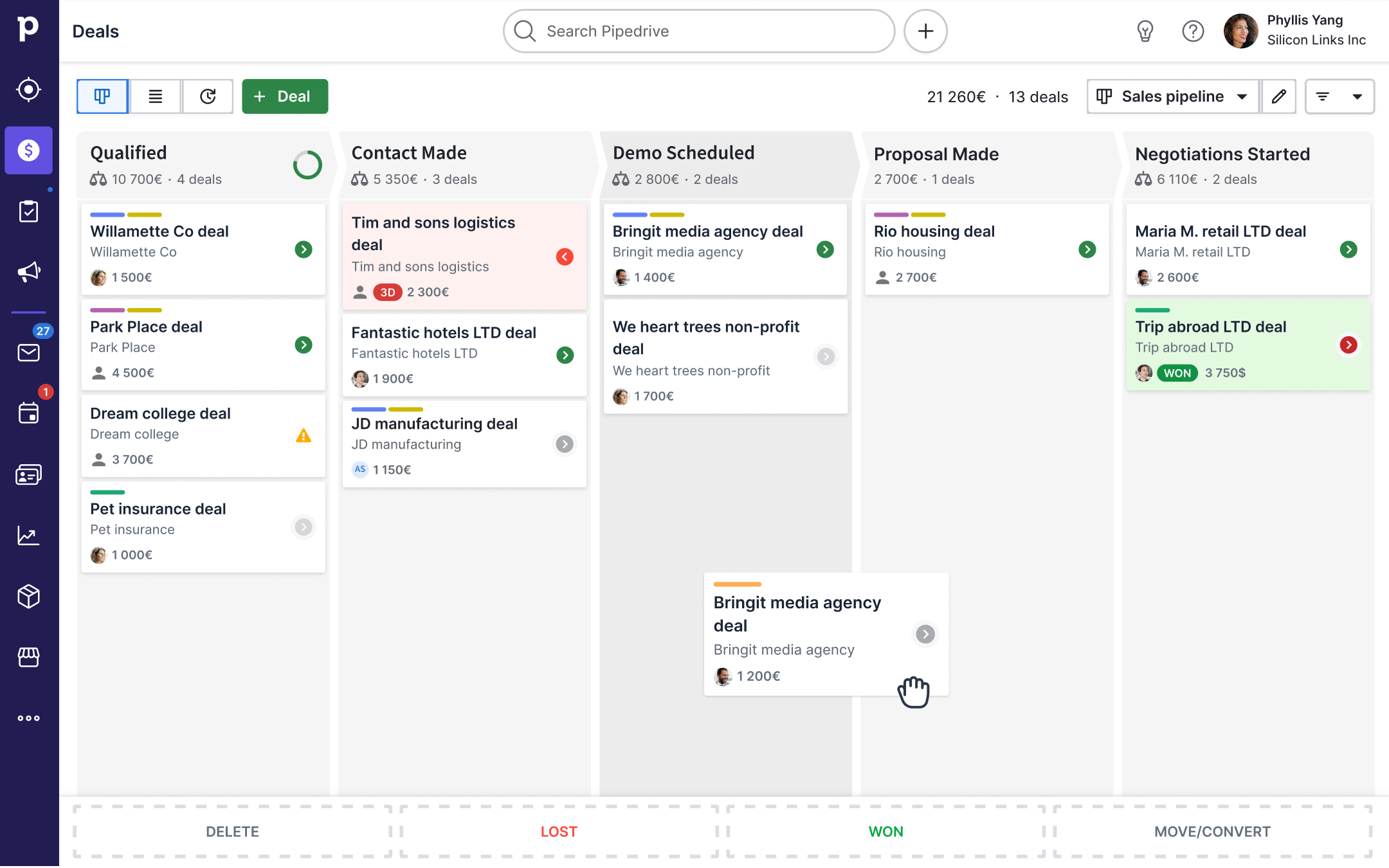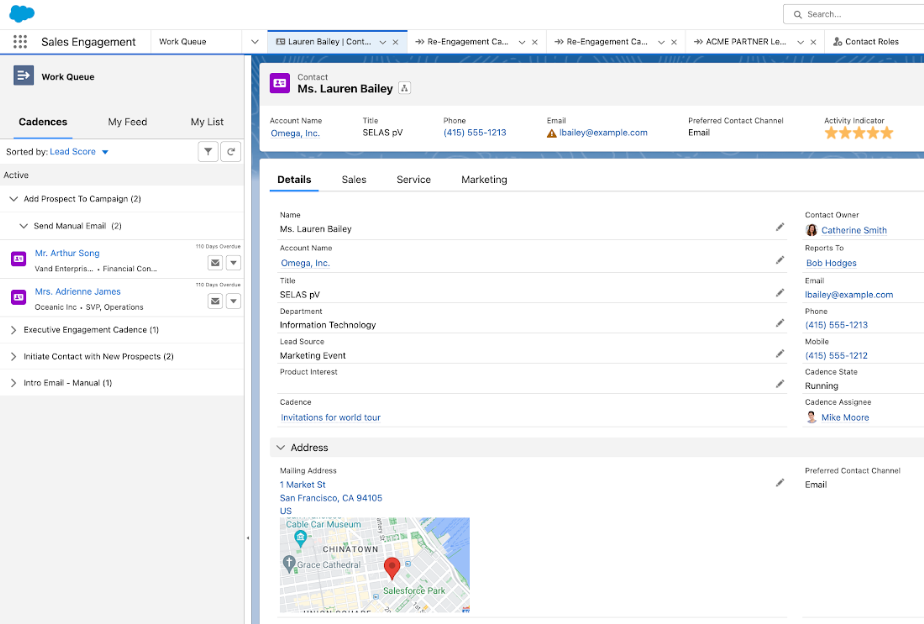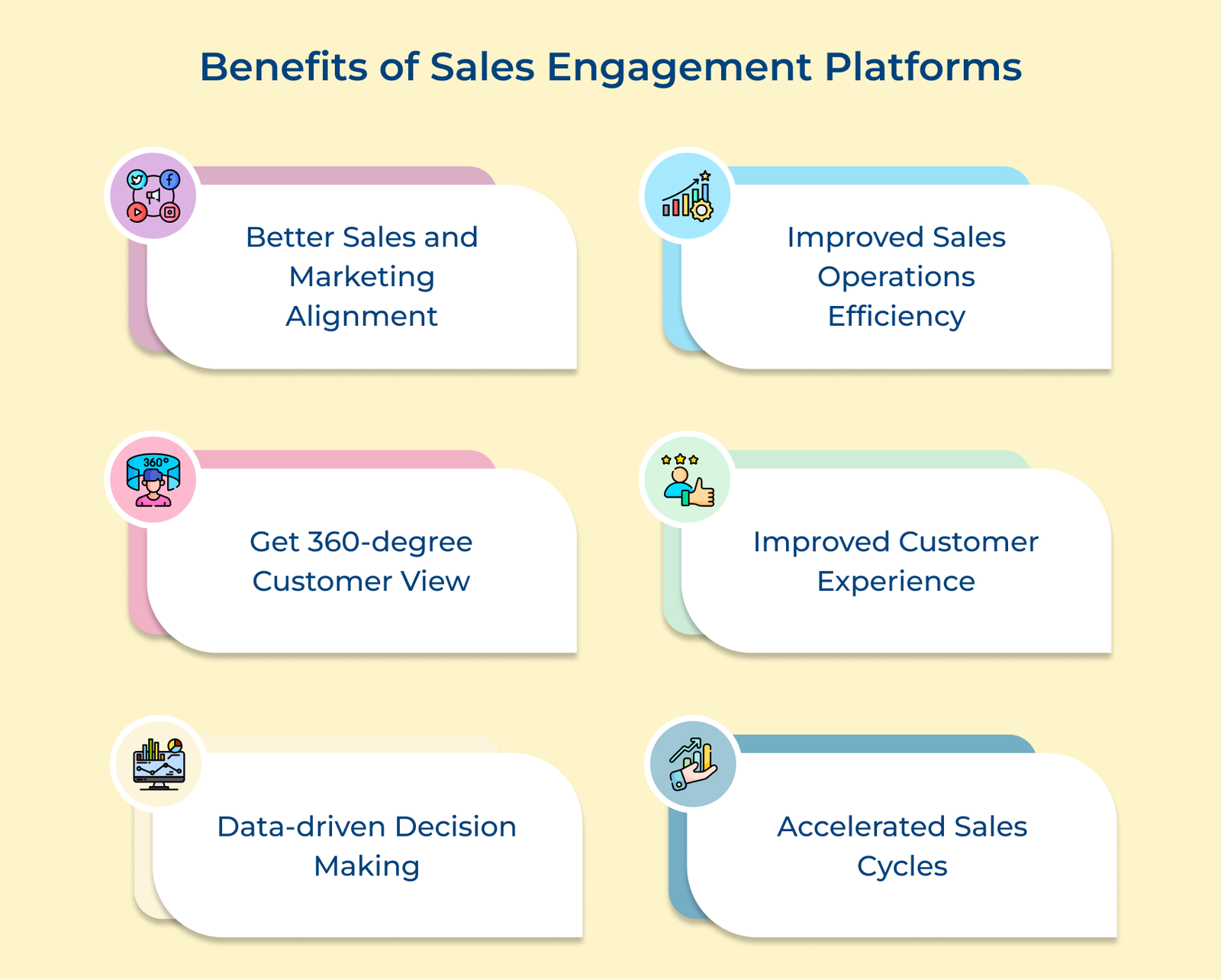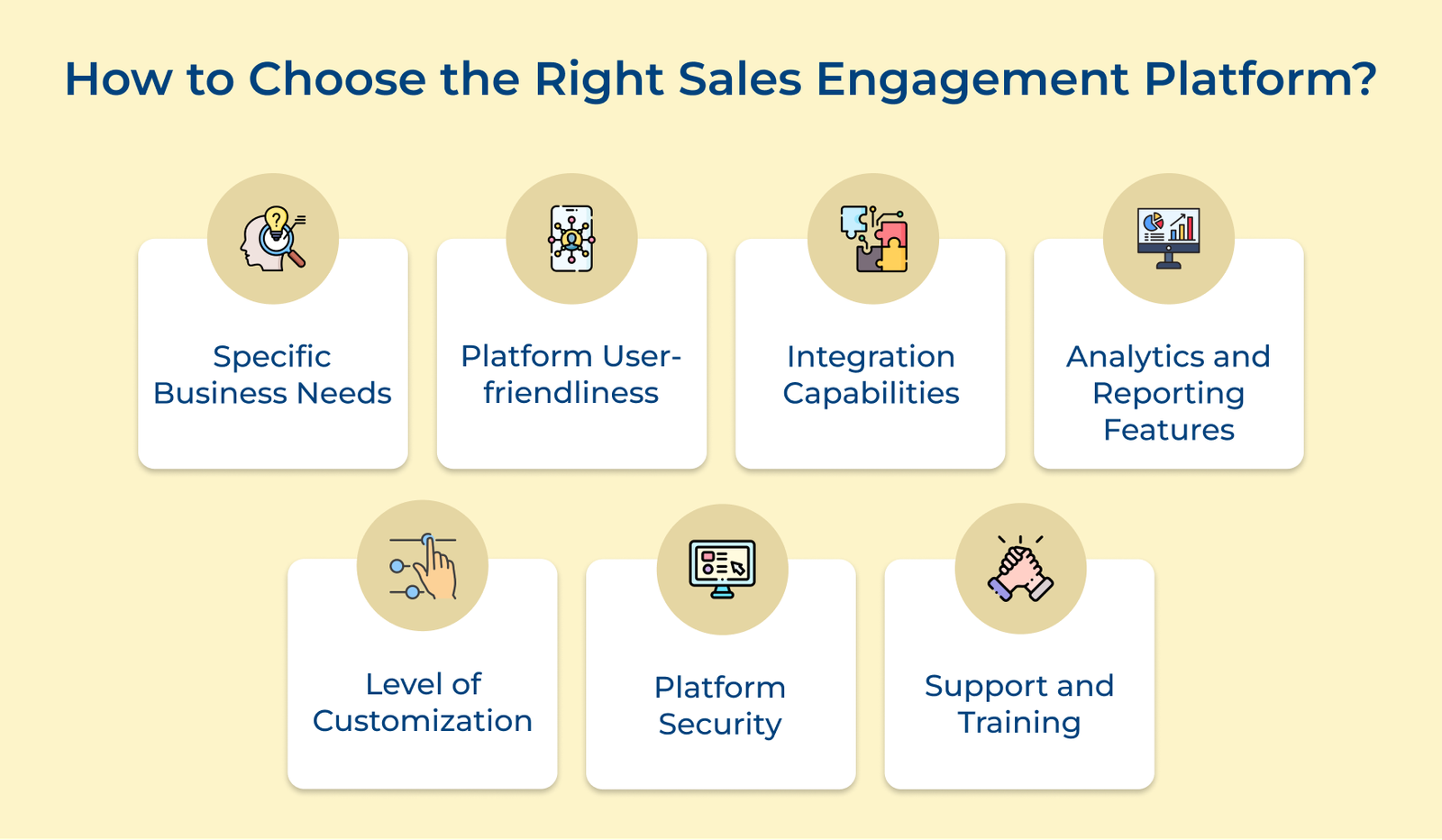1. What are the specific business needs?
Before evaluating platforms, clearly define the organization’s goals and challenges.
Is the business looking to improve lead management, streamline communication, or enhance analytics?
Understanding the specific needs will help to identify platforms that align with the objectives. Consider the sales process, team size and growth plans. A platform that suits a small team might not scale well for a rapidly growing organization.
2. How user-friendly is the platform?
Evaluate the platform’s interface and ease of use. A complex system may offer many features but could hinder adoption if it’s difficult to navigate. Look for platforms with intuitive designs, customizable dashboards and clear workflows.
Consider the learning curve and training requirements. A platform that’s easy to use will encourage adoption and maximize the return on investment.
3. What integration capabilities does it offer?
The sales engagement tools should seamlessly integrate with the existing tech stack. Check if it connects with the CRM, marketing tools and other software.
Good integration reduces data silos and provides a more comprehensive view of the sales activities. Ask about API availability and the ease of custom integrations if needed.
4. How robust are the analytics and reporting features?
Data-driven decision-making is crucial in modern sales. Assess the platform’s analytics capabilities. Does it offer real-time reporting, customizable dashboards and predictive analytics?
Look for features that help the business to track KPIs, identify trends and gain actionable insights. The ability to generate detailed reports on sales activities, pipeline health and team performance is essential.
5. What level of customization does the platform allow?
Every sales process is unique. The chosen platform should be flexible enough to adapt to specific workflows and methodologies. Evaluate how much they can customize email templates, workflows and data fields.
The ability to tailor the platform to the business needs ensures it supports the sales process rather than forcing the business to change it.
6. How secure is the platform?
Data security is paramount, especially when dealing with sensitive customer information. Inquire about the platform’s security measures, including data encryption, access controls and compliance with industry standards like GDPR or CCPA.
Consider the vendor’s track record in handling data breaches and their disaster recovery plans.
7. What kind of support and training does the vendor provide?
Even the best platform can fall short without proper support. Investigate the vendor’s customer support options. Do they offer 24/7 support? What channels are available – phone, email, chat?
Consider the onboarding process and ongoing training resources. A vendor that provides comprehensive support can significantly impact the team’s success.




